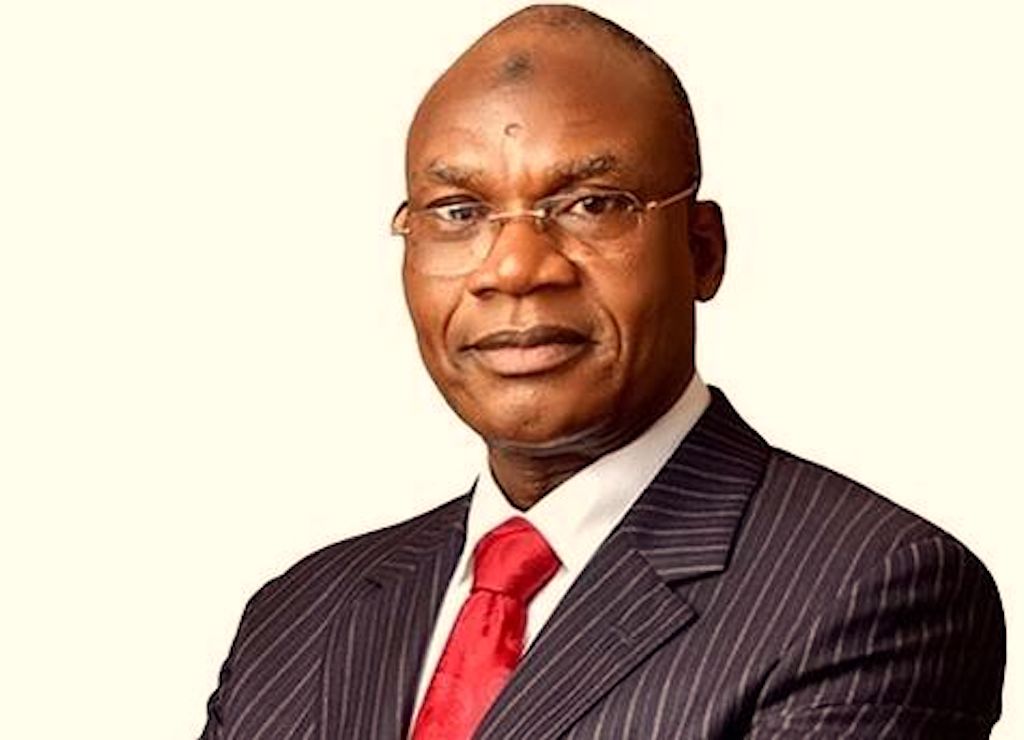Professor Tahir Mamman, Nigeria’s Minister of Education, recently announced a policy setting the minimum age for writing the Senior Secondary School Certificate Examinations (SSCE) at 18 years, starting from 2025. This decision has sparked widespread criticism from education stakeholders, who view it as a regressive step that fails to consider the realities of modern education. The new age limit rather than enhancing educational outcomes, risks stifling student progress and diminishing the quality of education in Nigeria.
Setting the minimum age for SSCE at 18 years is out of step with the global trend toward encouraging early academic achievement. Nigeria’s 6-3-3-4 educational system, which anticipates students finishing secondary school by age 18, does not account for the diverse academic paths students might take. Many students, particularly those who are gifted or started school early, complete secondary education well before turning 18. Imposing an age limit would unfairly penalise these students, forcing them to wait unnecessarily, which is both a waste of time and an impediment to their academic and professional growth.
The minimum age for SSCE at 16 years is a more balanced and sustainable approach. It allows academically ready students to progress to tertiary education without delay while ensuring those who need more time can take it without undue pressure.
Many 16-year-olds are mature enough to handle the demands of higher education. There is no evidence raising the age limit would lead to better outcomes; on the contrary, it could increase student frustration and dropout rates.
- Tinubu will transmit whistleblowing policy to National Assembly soon –Edun
- NAHCON Needs systemic reform – Presidency
The policy is particularly problematic for gifted children, who often progress through school at an accelerated pace. Forcing them to wait until 18 years to take the SSCE disregards their unique needs and potential, stifling their intellectual growth. Professor Mamman’s dismissal of gifted children as a minority is troubling. Gifted children are a vital part of the nation’s future, and their needs should not be ignored.
Moreover, the policy raises concerns about what students will do during the two years they must wait before writing the SSCE. The Nigeria Union of Teachers (NUT) rightly warns that “the devil finds work for idle hands.” Forcing students to remain idle for two years is not only wasteful but potentially dangerous, increasing the likelihood of disengagement from education and negative behaviours.
The Minister appears too keen on fixing what is not broken. How is age an issue at this time when millions of school-age children are out of school? While 18 is the legal age of adulthood, maturity is not solely determined by age. Many students can handle the challenges of higher education at 16, especially in today’s fast-paced, information-rich world. Maturity is a function of age and experience, and students who have been well-prepared through secondary education are more likely to succeed in higher education, regardless of whether they are 16 or 18.
Instead of implementing a blanket age limit, the government should focus on creating a more flexible and inclusive education system that caters to the diverse needs of Nigerian students.
Number one, the government should allow students to take the SSCE when they are academically ready, rather than at a specific age, ensuring evaluations are based on academic readiness, not chronological age.
Two, we would need to establish and expand programmes for gifted students, allowing them to progress at their own pace rather than being held back by arbitrary age limits.
In addition, the country must be ready to provide students with better career guidance and counselling to help them make informed decisions about their educational and career paths, regardless of age.
Furthermore, greater parental involvement in the education process should be encouraged to ensure students are neither pressured into exams prematurely nor held back unnecessarily.
Elvis Eromosele, wrote via: [email protected]

 Join Daily Trust WhatsApp Community For Quick Access To News and Happenings Around You.
Join Daily Trust WhatsApp Community For Quick Access To News and Happenings Around You.


